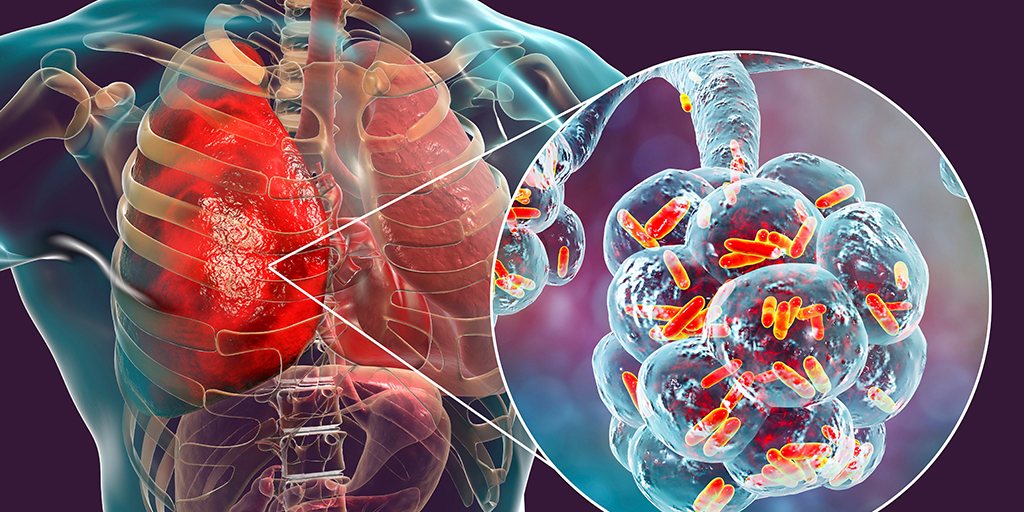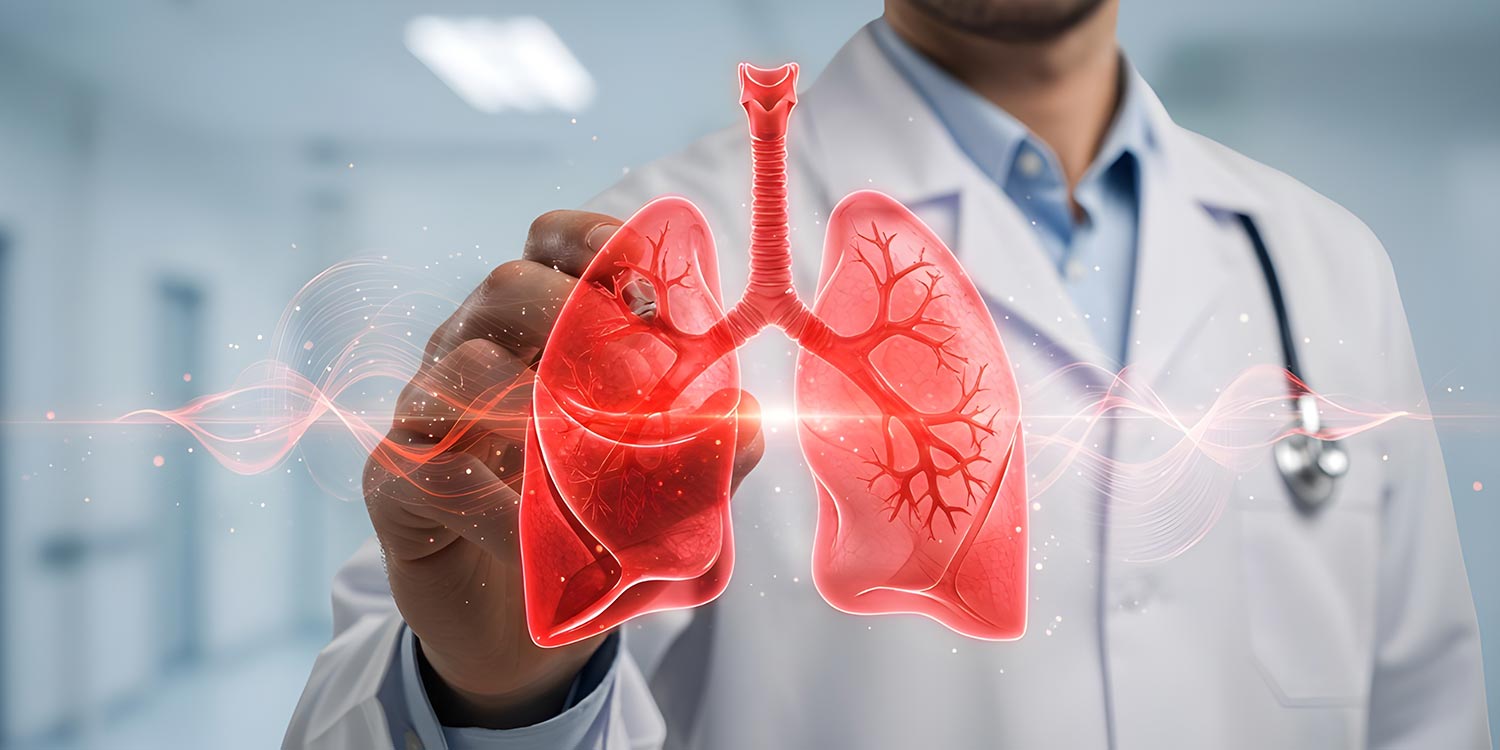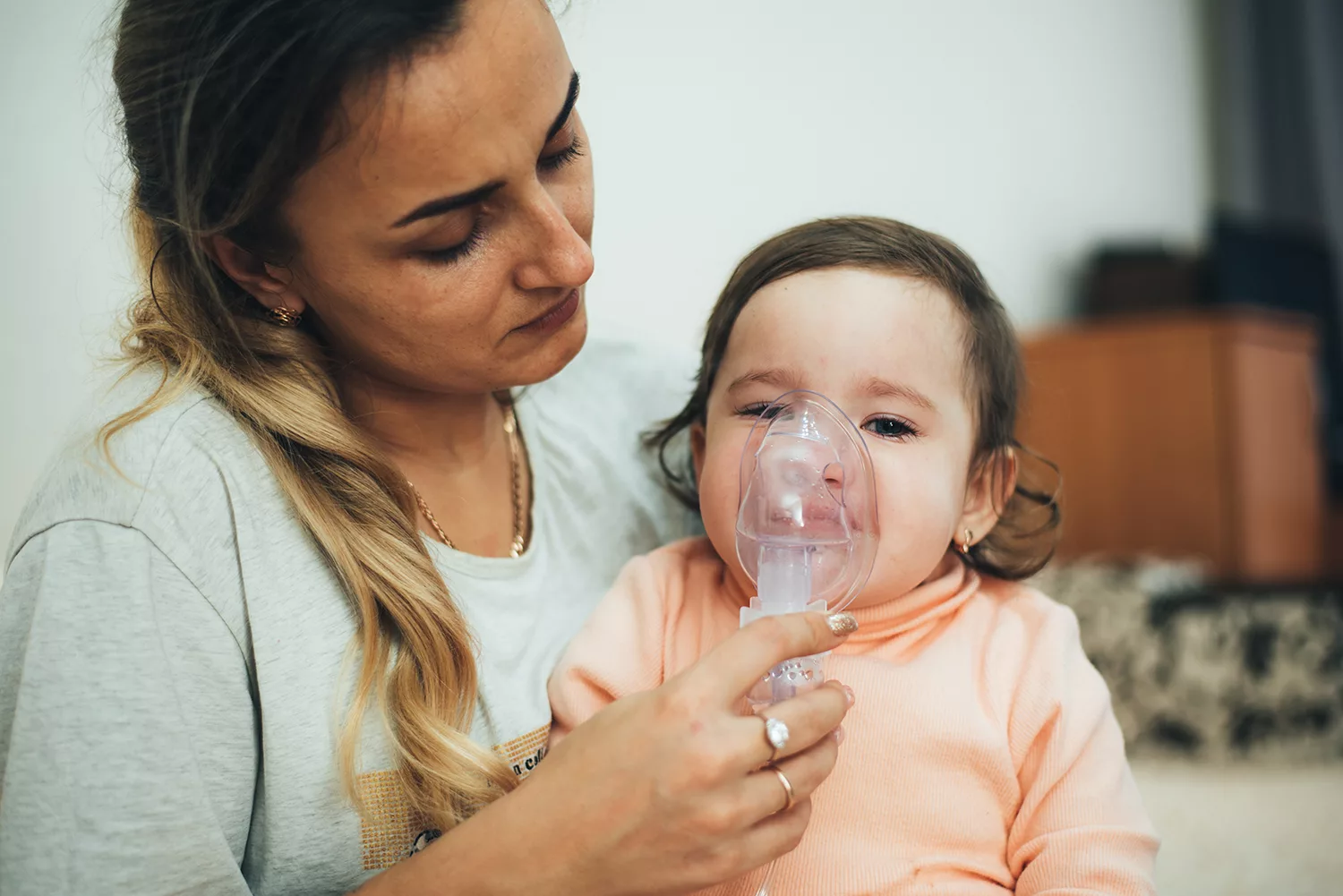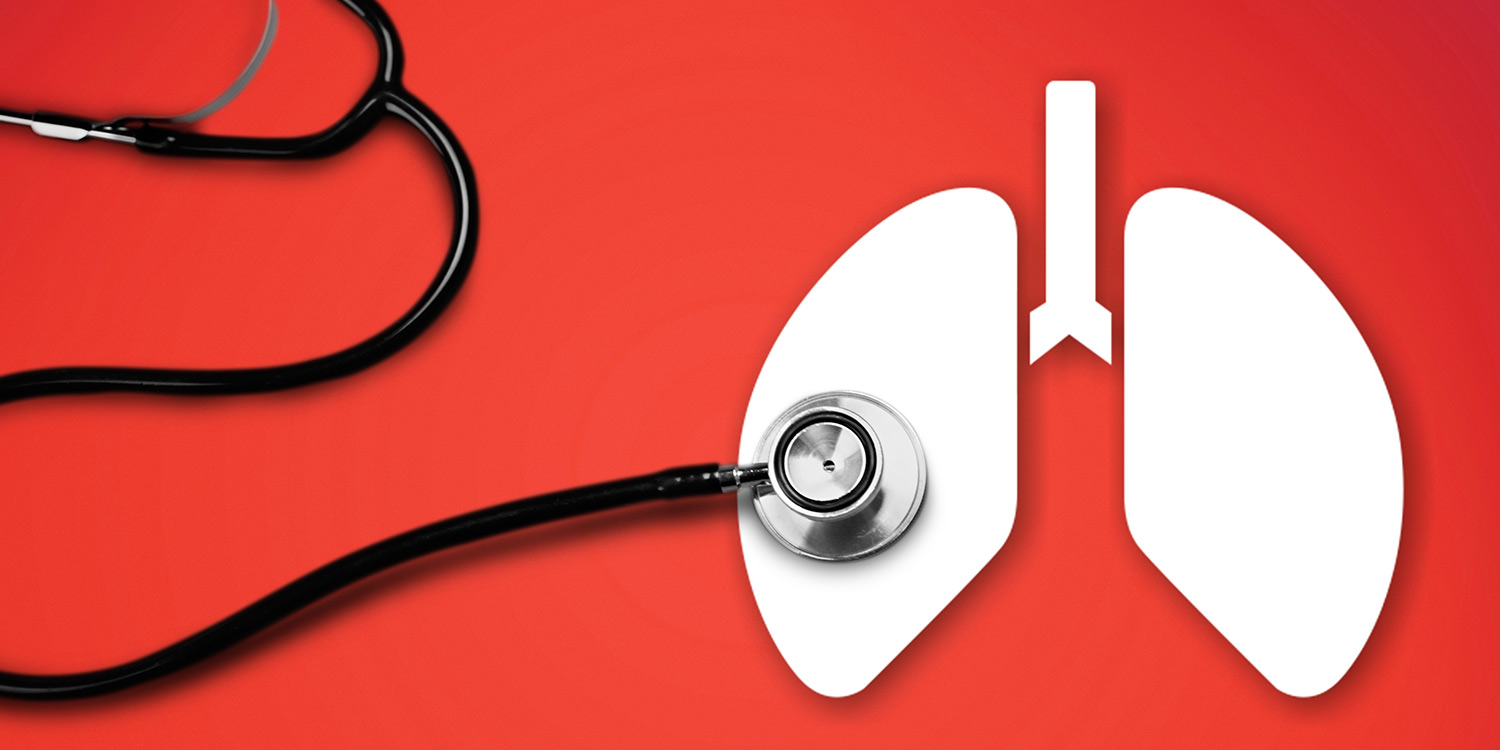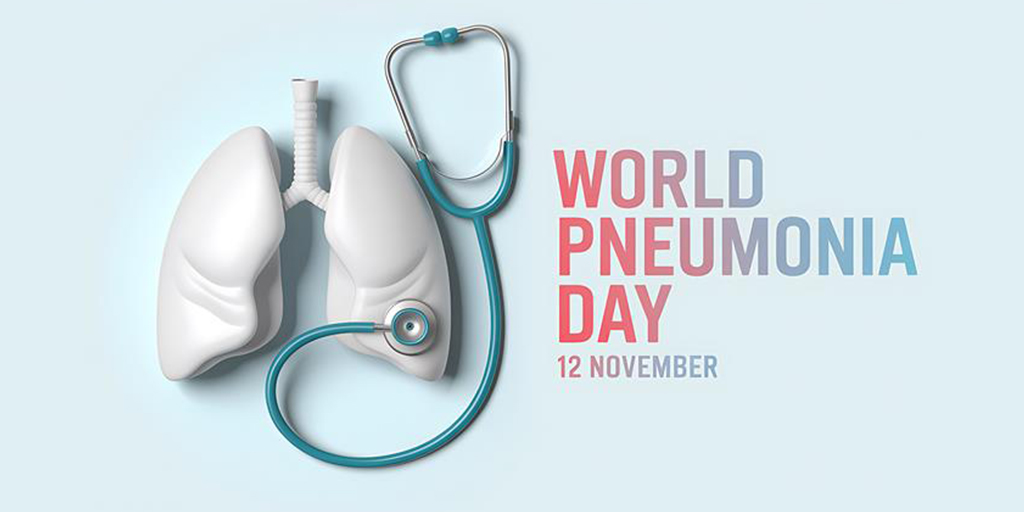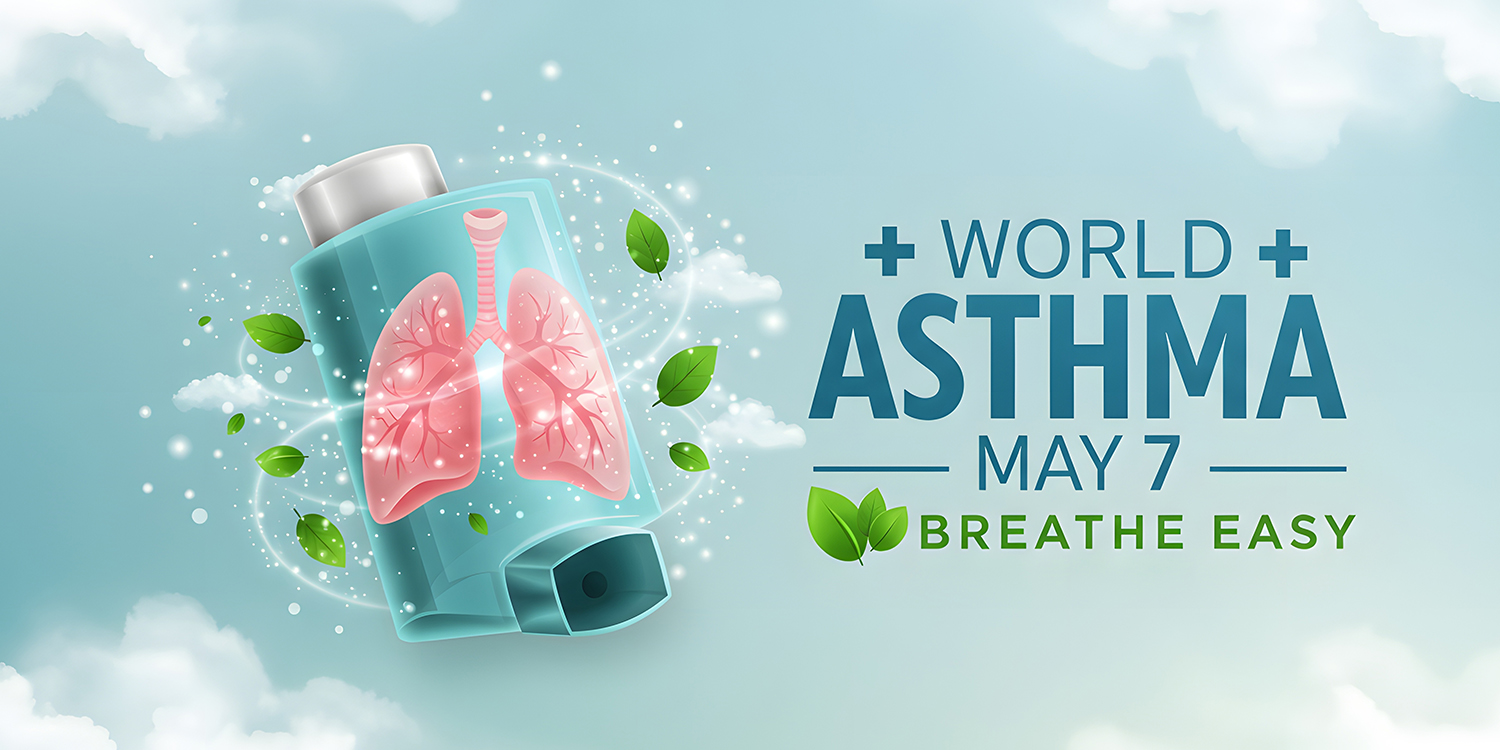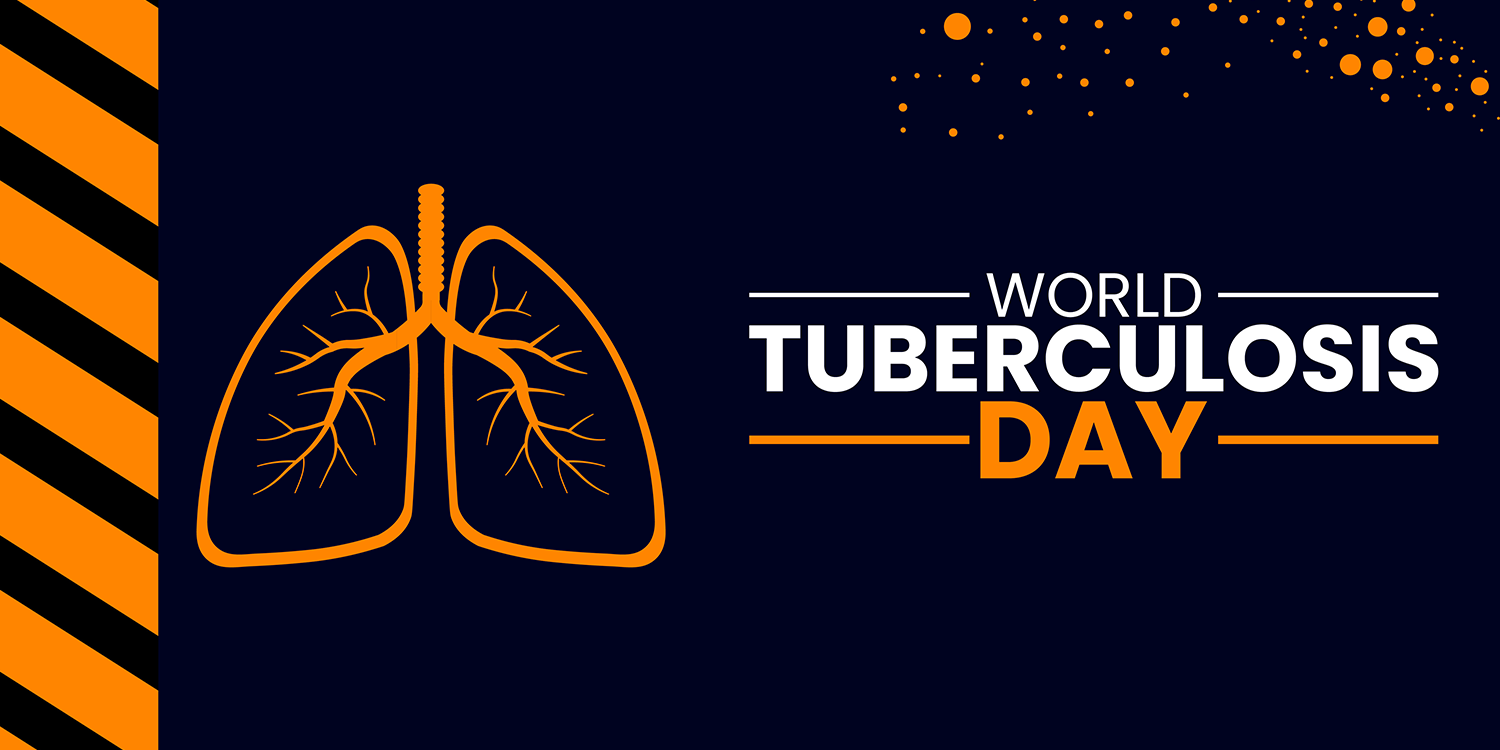Tuberculosis (TB) is a serious infectious disease caused by Mycobacterium tuberculosis, a bacterium that primarily affects the lungs but can also spread to other parts of the body such as the spine, lymph nodes, and intestines. At Graphic Era Hospital, we offer specialised care for both pulmonary and extra-pulmonary tuberculosis, ensuring early diagnosis, effective treatment, and comprehensive follow-up. The Department of Respiratory Medicine at Graphic Era Hospital provides comprehensive care for tuberculosis, using advanced diagnostics such as bronchoscopy, thoracoscopy, and spirometry to ensure accurate evaluation and treatment. Our team is dedicated to delivering individualised treatment plans based on the type and severity of TB, helping patients recover safely while preventing further spread of the disease.
When to Seek Tuberculosis Screening and Consultation?
Tuberculosis often develops slowly and may go unnoticed in the early stages. Timely screening is crucial, especially if symptoms persist or there has been contact with someone diagnosed with TB. Here are key warning signs that indicate the need for medical evaluation:
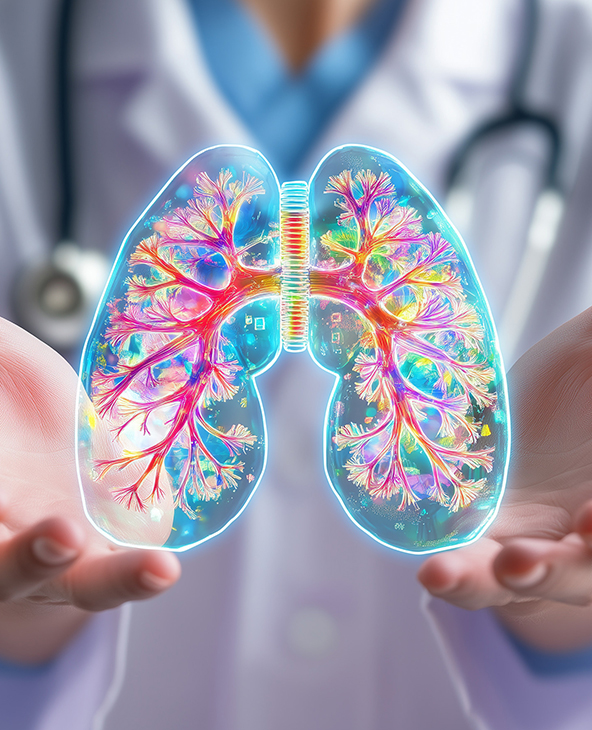
- Persistent cough lasting more than 2–3 weeks
- Chest pain or discomfort during coughing or breathing
- Coughing up blood (haemoptysis)
- Low-grade fever, particularly in the evening
- Excessive night sweats
- Unintended and significant weight loss
- Constant fatigue or general weakness
- Swelling of the lymph nodes, especially in the neck
- Back pain or spinal tenderness (may suggest spinal TB)
- Abdominal pain or digestive discomfort (can indicate intestinal TB)
Things to Know Before Starting Tuberculosis Treatment
Starting treatment for tuberculosis requires a clear understanding of the process, possible side effects, and the importance of adherence. Here are some important considerations:
- TB treatment typically lasts 6 to 12 months, depending on the form and severity
- Missing doses or stopping early can lead to drug resistance and relapse
- Anti-TB medicines may cause side effects such as nausea, joint pain, or liver issues
- Regular monitoring through blood tests and follow-up visits is essential
- Alcohol and tobacco should be avoided during treatment
- Some patients may need to isolate during the initial phase to prevent transmission
- Drug-resistant TB may require longer and more complex treatment plans
- Nutritional support plays a key role in recovery
- Family members and close contacts may require screening or preventive therapy
- Emotional and psychological support can help patients cope with long treatment durations
Tuberculosis Treatments Available at Graphic Era Hospital
At Graphic Era Hospital, tuberculosis care is guided by clinical expertise, precision diagnostics, and evidence-based treatment protocols. We manage both pulmonary and extra-pulmonary TB through the following services:
- Anti-TB Drug Therapy: Standard treatment regimens using a combination of first-line and second-line drugs to eliminate Mycobacterium tuberculosis and prevent resistance.
- Directly Observed Treatment (DOT): Supervised medication administration to ensure adherence and prevent treatment failure or relapse.
- Bronchoscopy: A minimally invasive procedure to visualise the airways, collect samples for diagnosis, and assess the extent of pulmonary involvement.
- Thoracoscopy: Used to diagnose and treat pleural TB by obtaining pleural tissue biopsies and draining effusions with precision.
- Pleural Effusion Management: Includes thoracentesis for fluid drainage and laboratory analysis to determine TB-related causes.
- Spinal TB Management: Combines medical therapy with imaging and surgical consultation for advanced cases involving the spine.
- Intestinal TB Treatment: Individualised care involving anti-TB medications, dietary support, and monitoring of gastrointestinal symptoms.
- Lymph Node TB Care: Diagnosis through fine-needle aspiration or biopsy, followed by tailored drug therapy.
Why Choose Graphic Era Hospital for Tuberculosis Treatment?
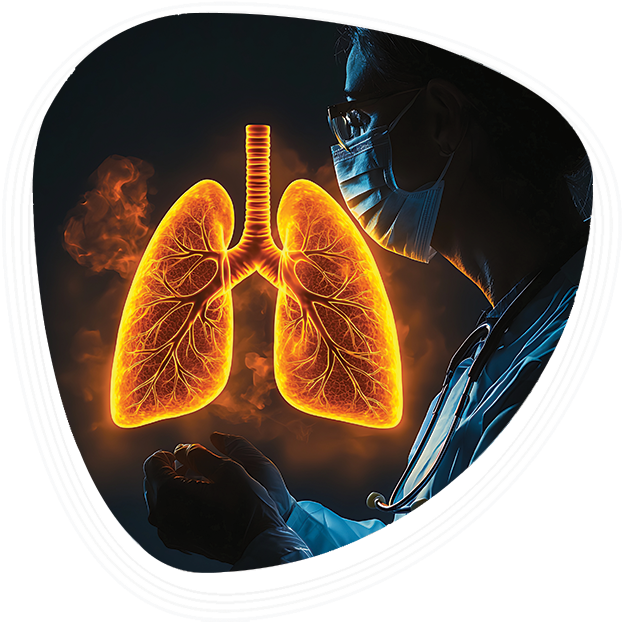
Understanding Tuberculosis Types and Complications
Tuberculosis can affect more than just the lungs, and early recognition of its forms and potential complications is key to timely intervention. At Graphic Era Hospital, our specialists are trained to identify and treat the full spectrum of TB presentations.
Types of Tuberculosis
- Pulmonary TB: The most common form, affecting the lungs and often presenting with cough, fever, weight loss, and night sweats.
- Extra-Pulmonary TB: Involves organs outside the lungs, such as lymph nodes, spine, intestines, brain (TB meningitis), and kidneys.
- Latent TB Infection (LTBI): The bacteria remain in the body without active symptoms; early detection helps prevent progression.
- Miliary TB: A rare but severe form where the bacteria spread widely through the bloodstream, requiring urgent medical care.
Potential Complications of Untreated TB
- Lung Damage: Scarring, reduced lung function, and chronic respiratory issues post-treatment
- Spinal Deformities: In cases of spinal TB, leading to pain, instability, or neurological deficits
- TB Meningitis: A life-threatening complication causing inflammation of the membranes around the brain
- Drug Resistance: Resulting from incomplete or incorrect treatment, requiring more complex therapies
By understanding the diverse ways TB can present and progress, patients and families are better prepared to seek early care, complete treatment, and avoid long-term health consequences.
Top Tuberculosis Treatments Available at Graphic Era Hospital
Graphic Era Hospital offers a full range of treatment options for both pulmonary and extra-pulmonary tuberculosis. Key procedures and therapies include:
- Anti-TB drug therapy (first-line and second-line)
- Directly Observed Treatment (DOTS)
- Bronchoscopy for diagnosis and airway evaluation
- Thoracoscopy with pleural biopsy and intervention
- Thoracentesis for pleural effusion drainage
- Spinal tuberculosis treatment and surgical referral if needed
- Intestinal and lymph node TB management
- CBNAAT and TB culture for accurate diagnosis and drug sensitivity testing
Blog
Frequently Asked Questions
What are the symptoms of tuberculosis in the lungs?
Pulmonary tuberculosis commonly presents with a persistent cough, chest pain, coughing up blood, shortness of breath, low-grade fever, and night sweats. These symptoms can worsen gradually and should not be ignored.
How is tuberculosis diagnosed if it doesn’t affect the lungs?
Extra-pulmonary TB may require imaging studies, biopsies, or tests like CBNAAT or TB culture from lymph nodes, pleural fluid, spine, or intestines, depending on the site of infection.
What is the pathophysiology of tuberculosis?
Tuberculosis begins when Mycobacterium tuberculosis enters the lungs and is engulfed by immune cells. The bacteria can remain dormant or cause active infection, forming granulomas and spreading to other organs in severe cases.
Are there side effects of TB medicine?
Anti-TB drugs can cause side effects such as nausea, vomiting, liver dysfunction, joint pain, or allergic reactions. Regular monitoring helps manage these effectively.
Where can I find a TB test and treatment near me in Dehradun?
Graphic Era Hospital in Dehradun offers comprehensive TB diagnosis and treatment, including TB tests like CBNAAT, sputum microscopy, chest X-rays, and expert consultation under the Department of Respiratory Medicine.
